Anthropological Perspectives on Indian Tribes
Anthropological Perspectives on Indian Tribes provides a lucid yet critical reading on the Indian tribes in their historical and political contexts. It attempts to introduce the young reader to a view of tribes that goes beyond many of the commonly understood concepts and prejudices that are set deep in the popular idea of 'tribe'. Through ethnographic examples and engagement with theoretical works, knowledge and theories about tribes are explored within the broad categories of kinship, religion, subsistence, law and politics. Students will learn: • that definitions and concepts of 'tribe' are not absolute, but need to be interpreted in their historical and political contexts; • how classifications such as 'primitive', 'backward' and 'isolated' are stereotypes, which have informed the thinking of not only citizens, but also of policymakers; and • that 'tribes' are not relics of the past, but exist as living, contemporary social entities. This comprehensive work on Indian tribes provides a theoretical understanding of the diverse world views that govern the functioning of tribal societies. Providing insights into ground-level situations that may contribute to a better governance of tribal populations, it will encourage students of sociology and social anthropology to develop a critical and analytical attitude towards the discipline.
Get it now and save 10%
BECOME A MEMBER

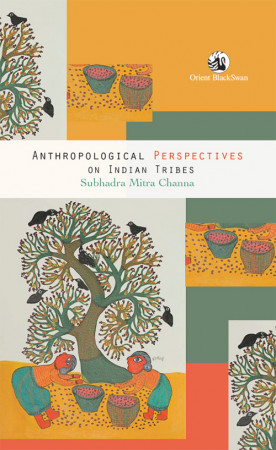
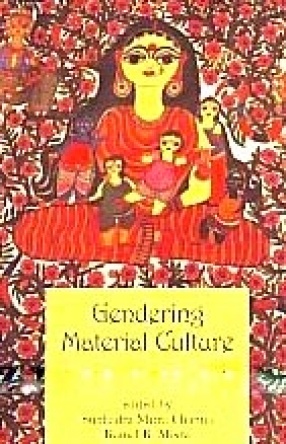
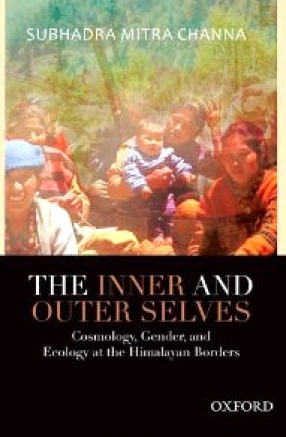
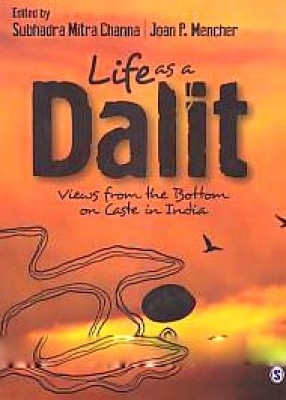


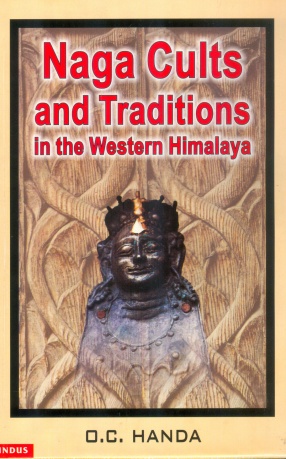
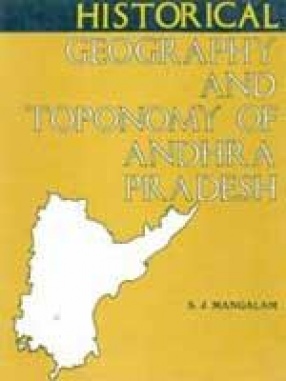
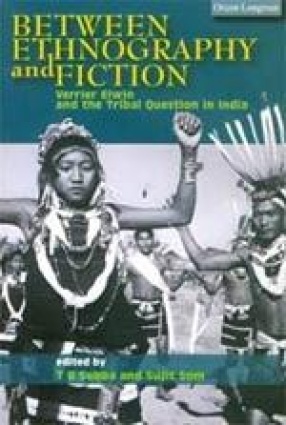

Bibliographic information